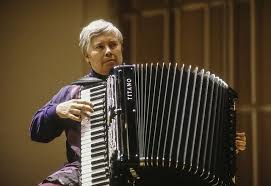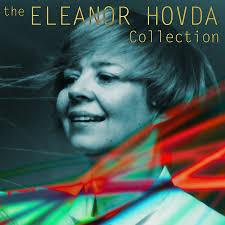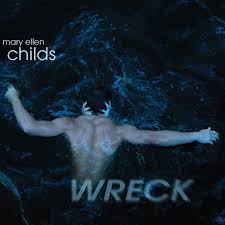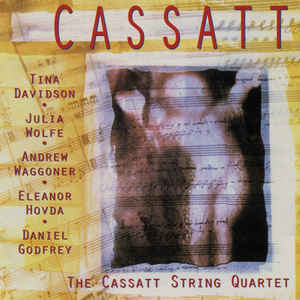Cassandra Sings (Distinctive Voices of Women Composers)
Several women composers I admired were included in the article I wrote for Ms. Magazine in 1992. I still look forward to hearing their music although, sadly, two of them have died. I deeply miss Pauline Oliveros and Eleanor Hovda.
Here is an excerpt from Cassandra Sings (Distinctive Voices of Women Composers), Ms Magazine.
Personal self-discovery is evident in the works of some American composers, many of whom are women. Currently writing significant and exciting music, are composers such as Pauline Oliveros, Eleanor Hovda, Gloria Coates, Annea Lockwood as well as Julia Wolfe, Linda Bouchard, Mary Ellen Childs, Janice Giteck, Mary Jane Leach, Bunita Marcus, and Lois V Vierk.
These women composers not only know who they are, but have a strong sense of their femaleness. Again and again I turn to their work. I am struck by the distinctiveness of their voices and the significance of their approach.

Pauline Oliveros, long time veteran of experimental music, has a unique sense of social interaction in her works. A good example of this is her piece The Well. Written in three parts, The Receptive, The Well and The Gentle, The Well is an improvised work for an unspecified ensemble. The material provided for the performers are two scales, one rhythmic pattern and five words: listen, match, merge, support and soar. Each word has its meaning; “listen” is home, what you do before you do anything; “match” is to be the same as; “merge” is to unite; “soar” is to be solo and unique; and “support” assist those around you. These words create a world within which the performers can enter into the creative process with the composer and make the music.
Oliveros’ rethinking of the traditional concept of composer’s control over material and performers is not new, but her inclusion and valuing of the social interactions between performers is new. This work relies on the performers’ understanding her concept of interrelatedness, and the results are magical, pulsating, transfixing music.

Minnesota composer Eleanor Hovda‘s works have a fineness and an organic irrepressibility to them. Her music does not develop in classical terms with a melody theme being stretched and teased. Instead it becomes into being. Her work, Ariadnemusic, opens with faint threads of repeated gestures which grow into a shimmering fabric of sound. As the music evolves, the sounds expand, then move on, revealing an inner radiance, as if one were being exposed to the heat of the soul.
Lois V Vierk, a New York composer, has a powerful voice. Her works employ exponential structure, an accumulation and condensation of material. Manhattan Cascade, scored for four amplified accordions, begins with a rapid repetition of a single note. As the piece expands, the sound field widens and swings its arc larger and larger. Single pitches become double, doubles become clusters, always accumulating density and strength. Once solidified, the mass is heaved about or smeared around in a kind of abandon. What is so singular about Vierk’s work is that the powerfulness is never violent or destructive. The sound mass she creates is almost staggering in size, well beyond any human proportion, yet is always life affirming.
The others I have mentioned are equally wonderful. Bunita Marcus‘s Adam and Eve has a dreamy, circular world to it, small and calm. Quite opposite is her string quartet, The Rug Maker. Raw and bleeding, the final section moves forever downward as it also slides up. Laced with icy tremolos, the music is heartbreaking and full of grief.

Mary Ellen Childs has a clear style, which balances sound, structure and rhythmic generation. Her work, Parterre, has a cleanness and purity to it, and reminds me of looking through a beautifully cut crystal glass which refracts the world around it.
Julia Wolfe has a haunting sense of self. In her Vermere Room there is a delicate sliding around, as if her landscape were tipping from side to side. While Linda Bouchard‘s Le Scandal is abrupt and harsh, dissonant and jarring, Mary Jane Leach’s Lake Eden is dark, cool and breathless.

Listen to music of Eleanor Hovda, Julia Wolfe and Tina Davidson on The Cassatt Quartet recording.
